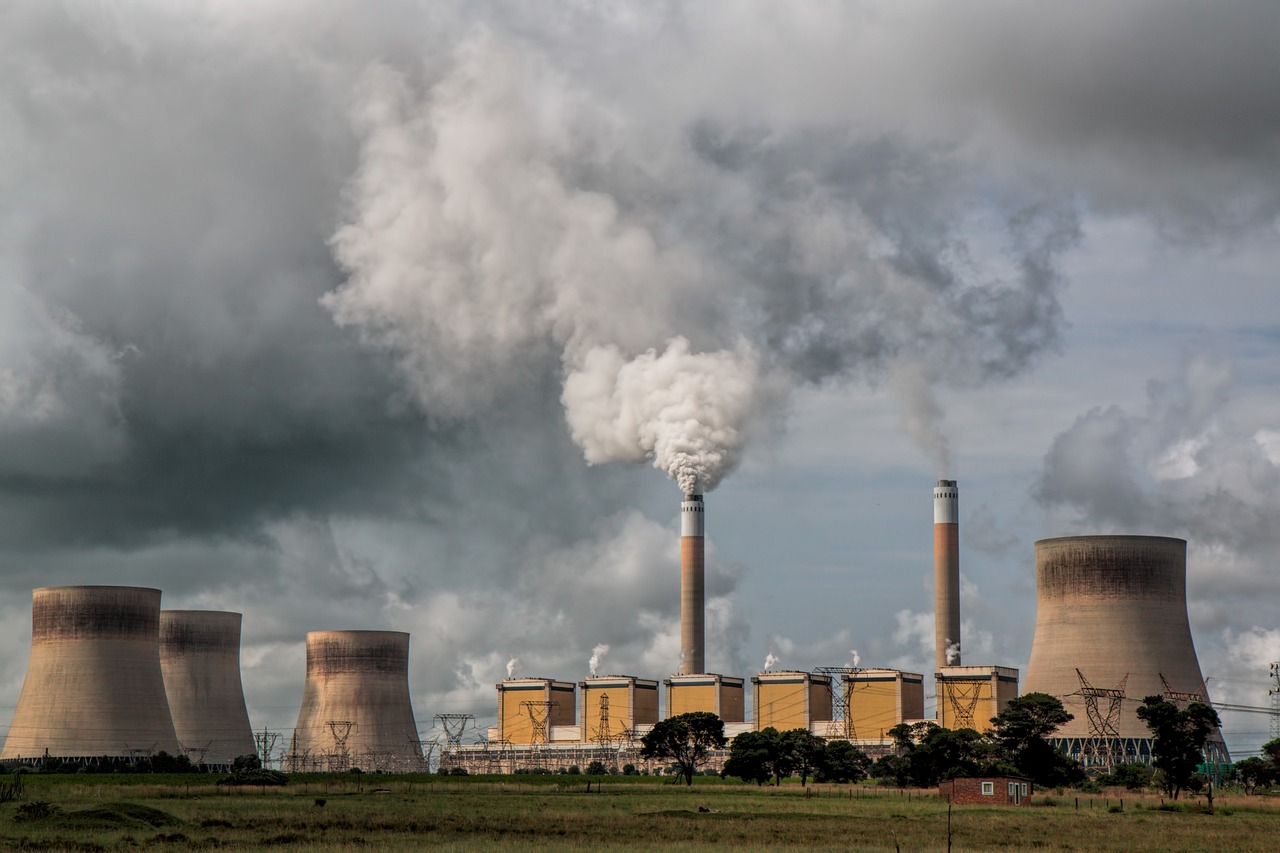Tensions Rise at COP29 Over Fossil Fuel Commitments
As nearly 200 nations gather in Baku, Azerbaijan for the COP29 climate talks, a contentious debate has erupted among leading countries regarding a draft agreement that some fear may undermine previous pledges to reduce fossil fuel consumption. UK Energy Minister Ed Miliband emphasized the urgency of the situation, warning that inaction would lead to harsh judgment from the global community.
The United Kingdom, European Union, New Zealand, and Ireland have deemed the proposed agreement “unacceptable,” raising concerns that it strays from commitments made during last year’s COP28 conference. Meanwhile, many developing nations express frustration over a lack of financial support to address climate change challenges.
UN Secretary-General Antonio Guterres has stressed that “failure is not an option,” highlighting the critical nature of these discussions. Central to the negotiations is a delicate balance between increased financial aid from wealthier countries and global commitments to phase out fossil fuels.
Diverging Perspectives on Economic Growth
Some developing nations and oil-dependent states are hesitant to endorse stringent fossil fuel reduction measures, fearing potential harm to their economic growth. EU Climate Action Commissioner Wopke Hoekstra criticized the draft deal as “unbalanced and unworkable,” while U.S. Climate Envoy John Podesta expressed disappointment in the absence of continuity from prior agreements made in Dubai.
Samoan Minister Cedric Schuster, representing vulnerable island nations, echoed concerns about undermining progress achieved last year. He articulated a collective sentiment: sustaining momentum is critical for addressing ongoing climate challenges.
Irish Environment Minister Eamon Ryan warned that without ambitious mitigation efforts, all other climate initiatives may falter. The ongoing discussions have also drawn criticism towards Azerbaijan’s role as host, with many diplomats alleging that the draft reflects the interests of specific regional groups rather than a balanced international perspective.
Financial Commitments Under Scrutiny
Developing countries are increasingly vocal about perceived backtracking by wealthier nations on financial promises made during the 2015 Paris Agreement. They argue that developed countries pledged support for transitioning away from fossil fuels but have yet to deliver concrete financial commitments.
The latest draft proposal lacks specific figures for new climate finance, leading Bolivia’s chief negotiator Diego Pacheco to label it an “offense” to global south demands. The G77+China coalition has outlined a need for $1.3 trillion by 2030 from both public and private sectors but notes that no official amounts have been confirmed.
As discussions continue, clarity on funding sources remains paramount. Developing nations seek transparency regarding whether financial assistance will stem from grants or loans—a concern given existing debt burdens exacerbated by additional loans.
Looking ahead, the outcomes of COP29 will shape international climate policy and financing strategies essential for addressing both current environmental crises and future sustainability goals. The stakes are high as nations navigate complex economic landscapes while striving for meaningful climate action.


